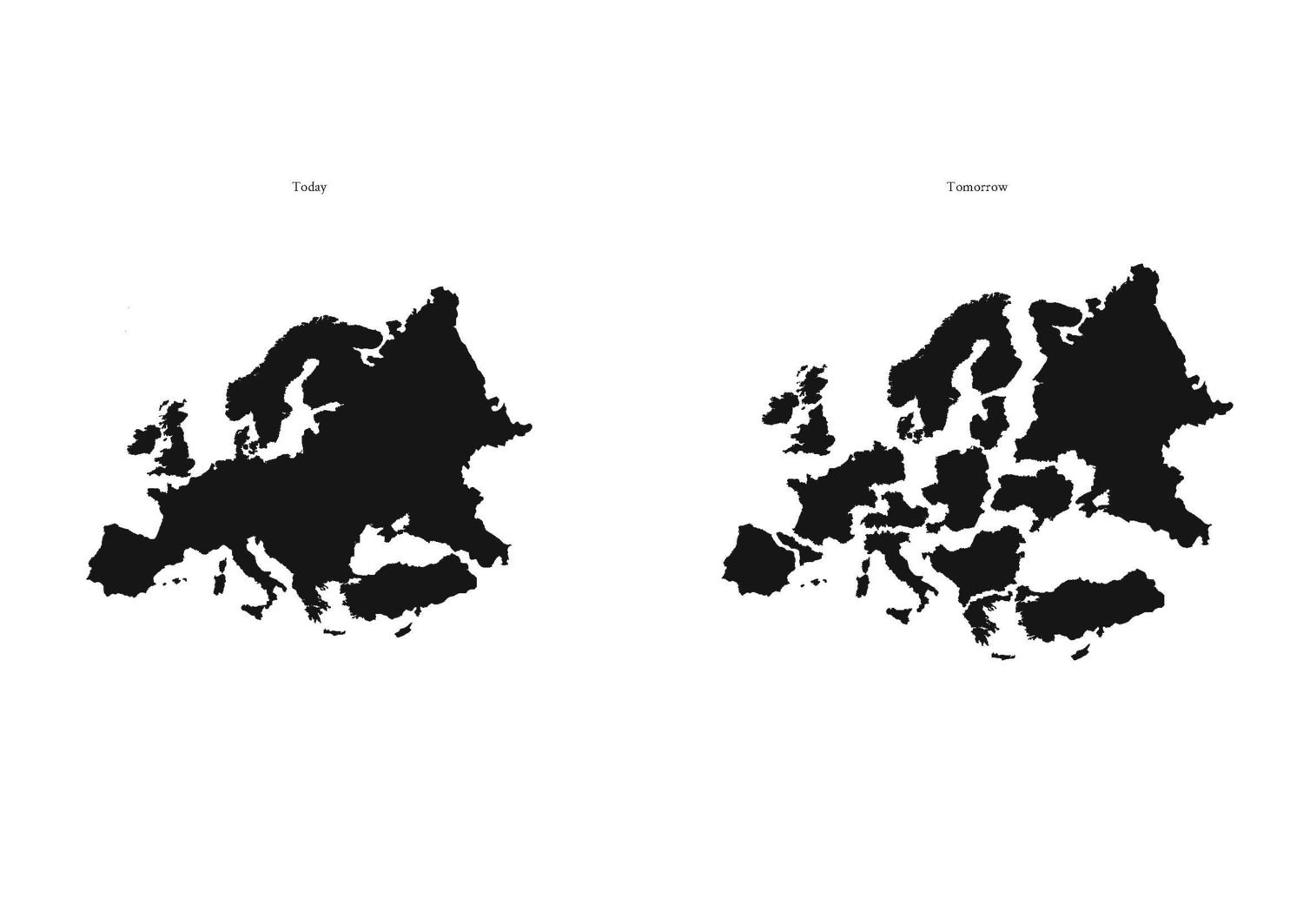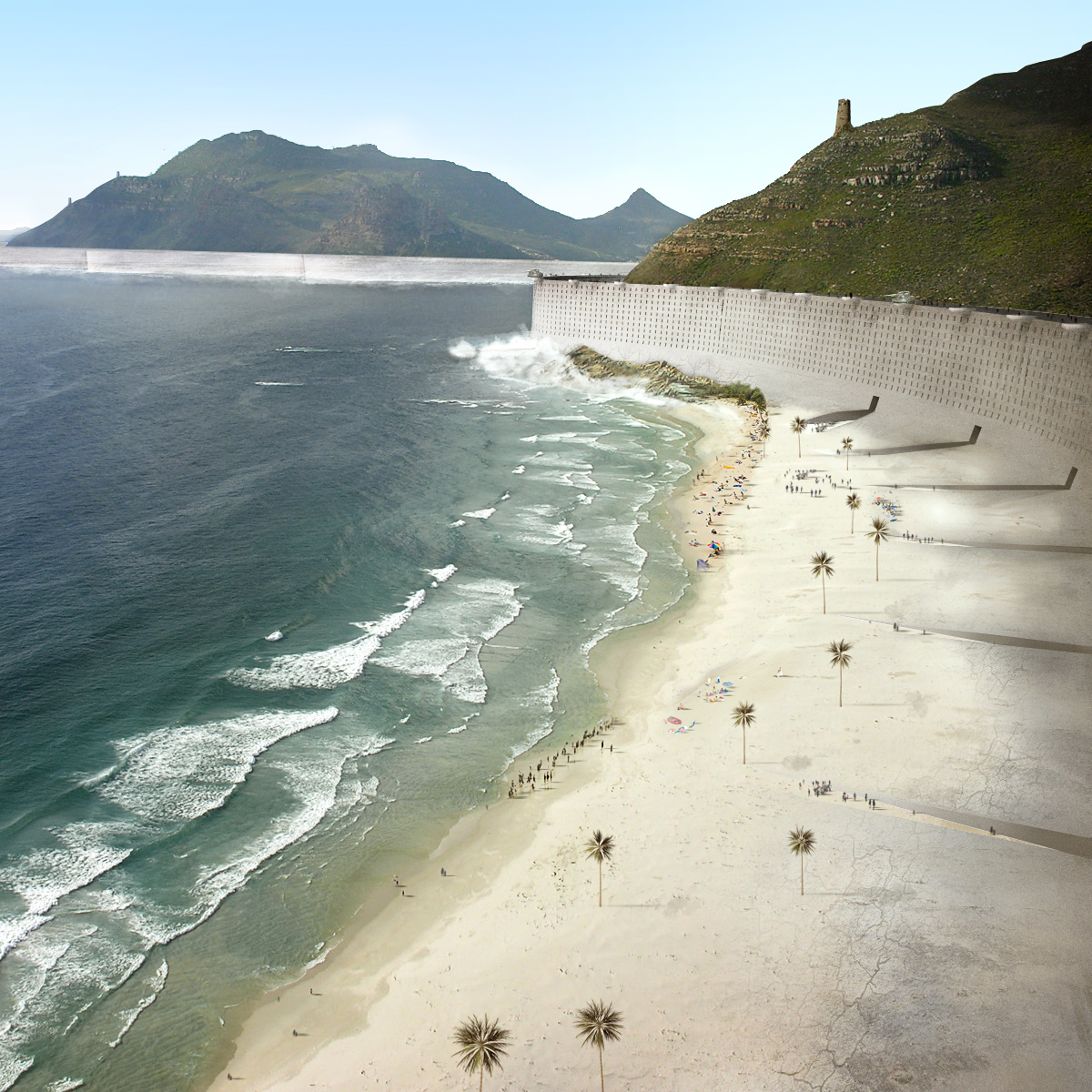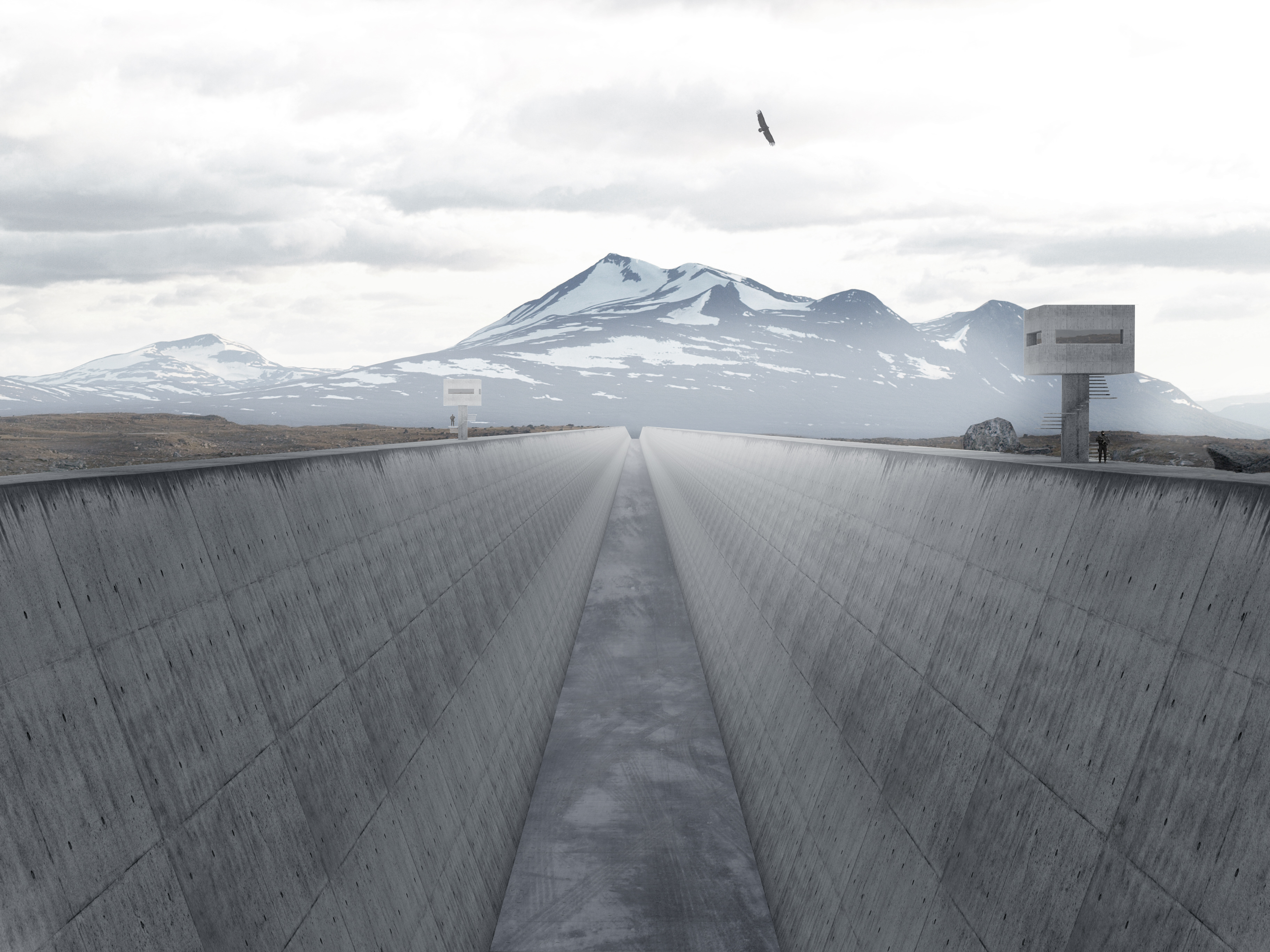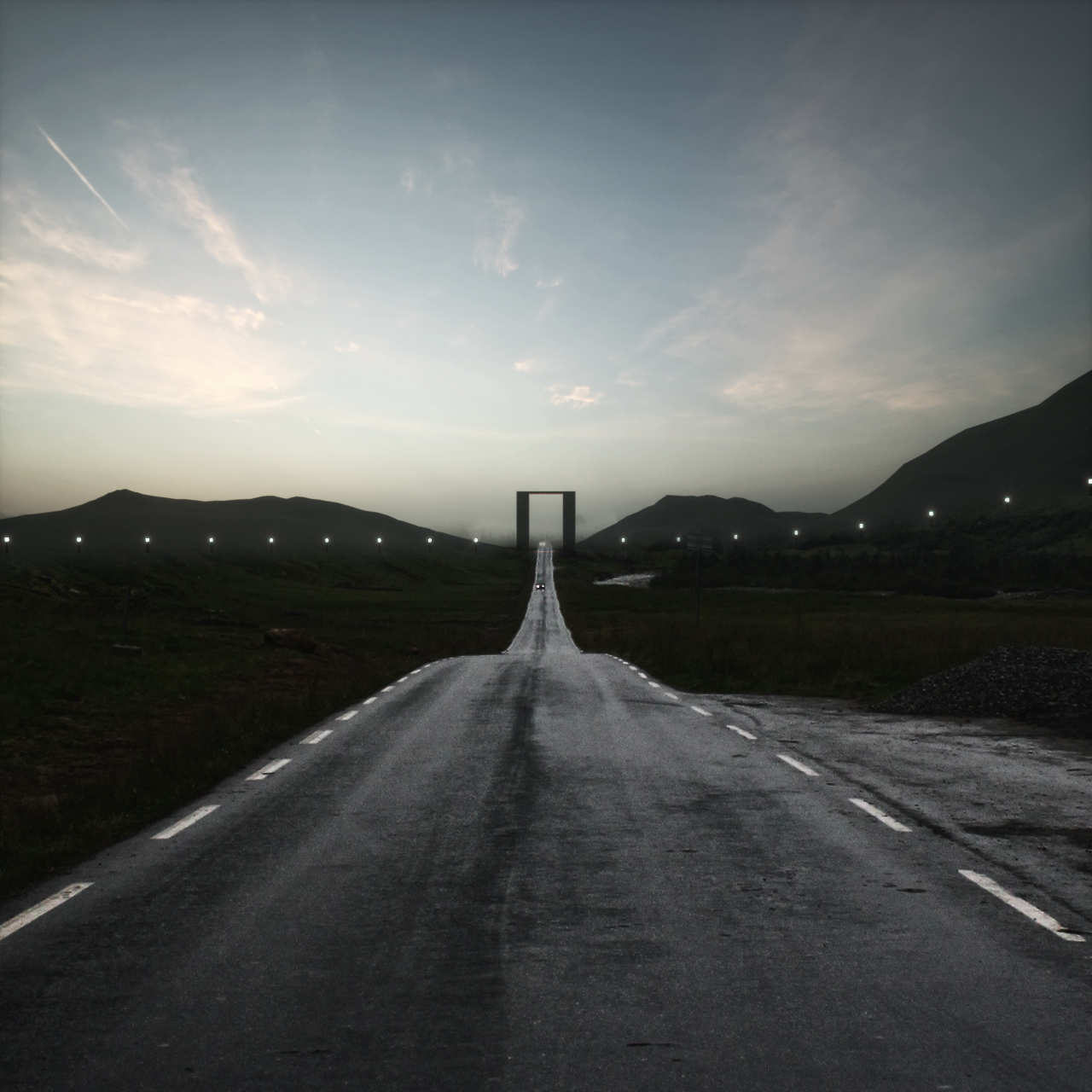The Golden Age of Nothing
2016
as TAB collective with Falk Lennart Kremzow
Awards
Outstanding Artist Award experimental design
Honorable Mention OOA experimental tendencies in architecture
Exhibited at
Jerusalem Design Week
Designforum Styria
Architekturforum Linz
OnSite Hohenems
The book, deals with Europe in 2015 - nationalist thoughts prevail and populism dominates the media.
Through fictional stories told by nineteen imaginary characters in newly created nation-states, a work is created that subtly highlights and points out the benefits of a European Union.
For a common Europe away from division.

Excerpts from the Book
The whole book can be viewed here
Scandinavia
Yesterday I saw them carrying out another bear that fell into the border-hole between Finland and Russia. The 25 meter deep hole, that was created out of fear from the Russians. The focus was not to destroy the nature, at least not visibly. When I stand on my porch, looking at the horizon, I am not able to recognise it. If I get closer, the hole appears in front of me. It is guarded on both sides by the military. Getting close to it is not dangerous - the war never happened, and the soldiers are calm. Which does not mean you should try to cross.
Inside the country people still think the border is a great success. It still saves us from the unstoppable Russia. For those people the border did not change that much, it was just a political statement they are not influenced by. But for the people that were living close to the border before, the impact was more significant. I was talking to a friend yesterday, he said:
“I hate the border. We have been living here for longer than 50 years now, and when they told us we need to build something to defend us against the Russians, I believed them. We all did. But who do you see along the border? Except us, the soldiers and some wild animals - nobody. So what is it for?”
I have no answer to that question myself. I never saw anybody crossing the border or trying to - at least no humans.
There is only one good thing about the border. If you do not get too close, you do not see it. If you stay away for some days, you forget it is there. But reality hits you when you stand on the edge and look down into the gap.
My cousin lives on the other side of the frontier. A few weeks before they started digging the hole, she moved to her russian boyfriend. We used to see each other a lot. It is complicated now. Sometimes we meet at the border and take a walk “together”.

Great Britain
I remember the referendum in 2014 when Scotland clearly voted against the separation from the crown. Its result was seen as a sign of an open, strong and united Europe, which the EU commission stood for. Then, however, a few years later things turned out differently.
During Syrian-conflicts in the Middle East it was hard to notice that Great Britain was few steps away from national decay. This had an incredible impact on the EU.
Great Britain’s nationalism as well as the propaganda against England joining a crumbling EU, further strengthened the UKIP. A weak minority at first, they were severely criticized and barely taken seriously. Nevertheless, they managed to convince the British electorate. The UK Independence Party repeatedly praised: “Quit Europe” - “It’s time to turn this old-fashioned EU around” - “The EU is nothing more than hot air”.
Sixty years ago, the US Secretary of State, Dean Acheson said: “England has lost an empire and hasn’t found its new role yet.” This has been true for a long time. England finally took a decision: leave the EU and renounce the Schengen agreement.
The EU would have needed England as an advocate of competitiveness and free trade. Also, they could have been supportive as campaigners against abundant useless paperwork.
Even though there were many contradictions, the exit of Scotland from the Union with England was considered to be only a matter of time. The Scottish independence should not only be an end in itself but also a trigger in the development of a better country.
Scotland suffered a big setback when taxes were increased by 11 percent and the previous subsidies from London were no longer available. Initially, the majority of the tax revenue still came from oil and gas, which however was depleted quite soon.
Scotland would have been better served by enforcing an internal autonomy under a federal state model, rather than fleeing with a scattered regionalism into an illusion of independence.
In the globalised world we live in nowadays no one can exist completely independently. We failed to connect our economy to the global economic powers fast enough. The revenues from our businesses, such as the whiskey production, were simply insufficient. It took us too long.
Looking back, I believe the states should rather have fought to create a stronger EU!

Alpinestate
Now that there’s snow again, the tourists are gone. People keep complaining about the current economic situation. They used to believe that global warming is going to cost their job. Not nature is to blame, but our national pride. It’s human failure rather than a climatic phenomenon. Our collective fear of the unknown.
The sharp increase in refugee numbers led to radical governmental measures to protect the Alpenstaat against foreign influence.
The message was clear: “Stay away!”
It all started out with symbolic acts like a small fence in the south of Austria. Eventually, it ended up as a defensive apparatus throughout the entire Alps. I have always considered winter sport facilities a criminal act against nature. I don’t need to explain, what I think of this new monstrous structure along the mountains. I think we’re heading for our self-destruction.
Let’s hope that people wake up and request the government to reverse such border measures before it’s too late. Regional economy depended on tourism - it’s how generations of people made their living in the past. Today, alpine villages seem dead, despite the good snow. Slowly, I’m getting used to the quiet during the formerly busy winter season.
People must see that we can’t close our eyes to the present situation. Our defensive attitude does not push anything forward. Not just politicians, but regional citizens just like myself must act now. We can’t consider ourselves satisfied, when we’re surrounded by military forces and deprived of our freedom.
